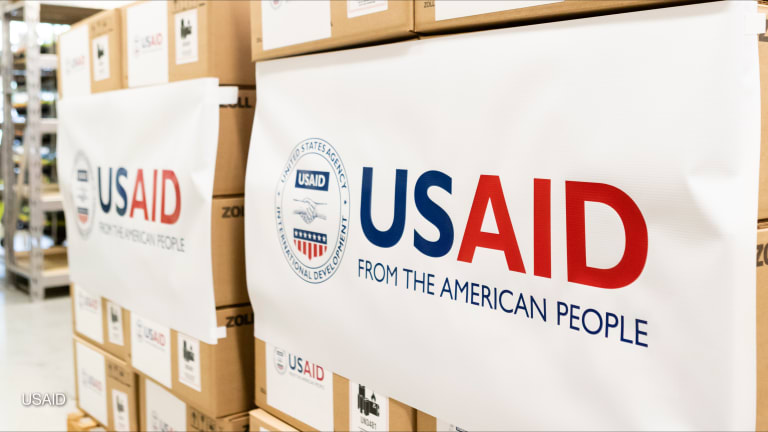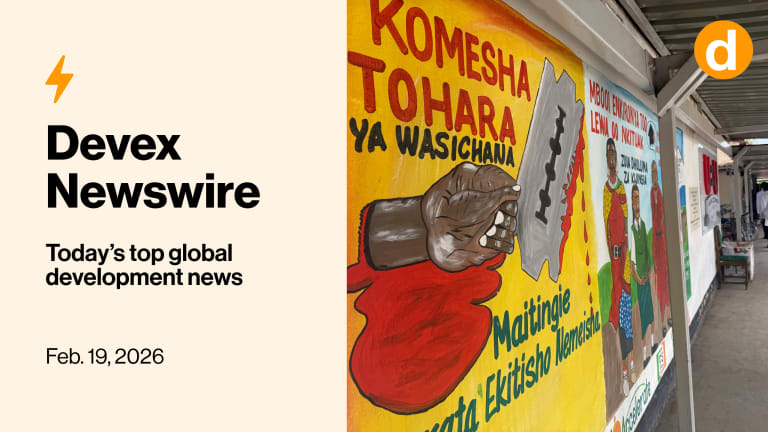The U.S. government’s watchdog for Afghanistan reconstruction efforts is sounding the alarm over seven high-risk areas that could spell trouble for U.S. efforts to help rebuild the country after 2014.
Corruption tops the list.
In its first-ever “high-risk list” to be made public Wednesday, Special Inspector General for Afghanistan Reconstruction John Sopko highlights the seven “areas and elements” of U.S.-funded reconstruction “that are especially vulnerable to significant waste, fraud and abuse.”
Printing articles to share with others is a breach of our terms and conditions and copyright policy. Please use the sharing options on the left side of the article. Devex Pro members may share up to 10 articles per month using the Pro share tool ( ).
Search for articles
Most Read
- 1
- 2
- 3
- 4
- 5








